As part of our ongoing series of interviews with contemporary female writers, Millie Walton speaks to Polly Barton about her most recent publication, Porn: An Oral History.
Polly spent a year interviewing 20 acquaintances about everything and anything related to porn – watching habits, fantasy and desire, shame and disgust. Read on to find out more about her processes, goals, inspirations and advice.
What was the starting point for Porn?
I think the starting point was coming to a realisation that, even into my late thirties, porn and masturbation weren’t really things that I’d spoken to about properly with anybody, despite having lots of people who I considered to be friends I could talk to about anything. I started to understand that this wasn’t just a coincidence, and it wasn’t just me, but that there was a veil of silence shrouding the topic. That came into ever starker relief the more I saw the word porn crop up in the news and on TV and so on – I just had this irrepressible sense that we were pretending, as a society, that we’d done all the conversing around it as a subject and were now totally cool about it, either accepting or resigned, and that seemed to me like a cover-up for actually a deep discomfort for having those discussions. For me, this translated into a feeling of urgency to have those conversations, and to record that process in writing.
Did your goals for the project change at all during the process of speaking to people and writing up the conversations?
Yes, in various ways. I wanted to stay open to that shifting, too – I felt like it was important that I didn’t let rigid ideas about the concept get in the way of having the kind of conversations I felt I needed to. Maybe the most major shift was that when I first began the project I was thinking I should speak to women first and foremost – perhaps not even include men at all. That came out of this sense that porn is almost always presented in mainstream culture as something for men, and of wanting to understand what the women in my life felt about it. But then, in one of the first chats I had with a close friend she said to me, very frankly, “you need to talk to men. Are you crazy? Why is it always women who have to bear the burden of discussing these things? Men should do some of this work too.” I’m so glad she said that. For multiple reasons, but especially because I realised that of the various gaps that exist between how different groups of people perceive porn – old and young, queer and straight – perhaps the most tenacious one is that between men and women. At least, that’s the stereotype, and I think it’s really important to represent that and dive into the ethics with people from all across the consumption spectrum.
How do you think speaking to men changed the experience?
I think if I’d only spoken to women, I wouldn’t have come out of the book with such a personal sense of completion. I find myself thinking that if this book is in any way successful, then it stems from a sense in me of something that’s changed. It’s weird to admit this because I’ve had many conversations with people about this need for a takeaway – a journey with a concrete destination that the reader then inherits – and I’ve always been very against that because I feel it takes us back to this overly reductive ‘is porn good or bad?’ question, which feels very outdated. I feel this book is really about processes, rather than answers. Maybe I needed a takeaway for myself, which is not something I can necessarily explain, and more like an emotional shift – but I think this probably plays into the tenor of the conversations and is something the reader can sense.
How did you start or guide the conversations? Did you have hopes or expectations for the direction they might take?
Before starting the project, I wrote out a list of topics that I wanted to cover. I think it helped me going into the first one to have those kinds of questions because I was so nervous and I wanted some kind of mental prop. But at some early stage, I realised that the conversations were far better if I could just make the space to be guided by the person – and that obviously helped if they conceived of the conversation as a conversation, a dialogue, and not an interview. I had a couple of questions in my head that I found good as starting points, which readers of the book will be familiar with as they come up a couple of times. I then tried to just let the conversation flow from there, to respond to what people said and be carried along that way.
In the introduction to the book, you write that you intended to turn the conversations into essays but ended up publishing them as interviews. When did you make that decision and why?
I think I started being swayed that way as soon as I’d had a couple of the chats – although at that point the doubts mostly took the form of ‘how the hell am I going to write this up?’ (which was something a few of the people actually asked me verbatim in the conversations). But then as time went on and I started transcribing the interviews, which I initially thought of as something for my own records, it came to me that these voices needed to stay here, as they were. That this needed to be a polyphonic book, in a way that I didn’t feel capable of doing in the essay form. In part, that felt like an ethical issue: I didn’t want to take this testimony and warp it by representing it through my lens or corralling it into a particular argument I was making. But I also felt that having the voices as they were, so different, conveyed the rawness and the excitement and the tension of the chats in a way that I wanted to retain. This felt truer to the spirit of meeting another person in conversation about a scary topic than anything I could have cooked up alone.
How did you decide when you’d done enough interviews and what was the process for assembling them into the format of a book?
It was a number of things, but one was really just the sheer length. I was transcribing them as I went, so I was aware of the volume of text I had under my belt. Topically as well, it felt like I’d had a good range of chats. So then I spoke with my agent and decided to append an intro and extra.
View this post on Instagram
It seems like the book was quite a personal exploration. Has the experience of writing and publishing it helped you to gather your own thoughts on the subject? Do you feel like there’s more to be explored?
Yeah, that’s the thing… I definitely feel like it dispelled my feelings of fear around porn and talking about it, which doesn’t mean that I think everything in the world of porn is to be welcomed open-armed. But I think now the fear has gone, I’ve got a huge curiosity about it – about people’s experiences with it, how it impacts their lives in myriad ways, and then also about all the theory that exists around it. I started to read a little bit [of theory] as I was working on the book, but I was always conscious of limiting myself because I felt like the whole emphasis of the project would be thrown off if I were to suddenly be au fait with all the academic discourse around it, that that would create too much of an imbalance with my interlocutors. But yes, the quick answer is: there’s so much more to be explored, I think.
Have you found that other friends (or strangers!) are now keen to talk to you about porn, or perhaps even see you as some kind of expert?
I don’t know about an expert, but definitely some kind of priest! I’ve had quite a few strangers approach me to make their porn confessions. And a couple of friends I initially approached who were a bit hesitant have said that now, after reading the book, they wish they’d taken me up on it. It makes total sense to me that that would happen, I guess, and just goes to show how much taboo still exists around it. For many people, it’s still this burden that they want to be liberated from. And if I can contribute in some way to facilitating that liberation then I’m happy about that. I just think people need to be aware that as they tell me these things there’s one part of me that’s always thinking: ‘Okay, I’d love to write about this in some way, how can I do that?’
You are a Japanese literary translator as well as a writer. How do those two processes differ? Is one more enjoyable for you?
In one very important way, they’re profoundly similar i.e. they’re both forms of writing. I don’t think of translation as any less valid or demanding a form of writing than doing my own stuff. I mean, as Porn perfectly illustrates, even something that gets categorised as ‘my own’ because my name’s on the cover is really so much about other people’s voices, that it’s closer to a translation project than a writing one. Both take time and honing, and both of them involve me facing my laptop for hours on end.
View this post on Instagram
But I guess in other ways there is something very different about the feel of writing my own stuff and translating, in quite a visceral way. When I’m translating, the text I’m working on usually provides its own momentum and I’m almost always in the mood to translate; sometimes it’s comforting, and sometimes exciting and sometimes a slog, but it rarely feels as terrifying as writing my own stuff can be. I guess that feels more like a journey into the wilderness, and it takes a good amount of time to get into it. Ideally, I’d have nothing else going on, and sometimes it just really doesn’t happen. It’s a more fickle beast; sometimes it’s ecstatic and sometimes it’s gut-wrenching, and either way, I cry a lot. Whereas with translating, someone else has done all the fickle parts for me before, and so the flow is already there for me to ride.
That said, I think there’s also a way in which writing is freer because I’m only, really, accountable to myself, whereas, with translation, I have the responsibility of doing well by the author, of representing their work as it should be represented. There’s something to keep you in check, and that can be both a comfort and an enormous pressure.
What are you working on now?
About a million different translations.
Best piece of writing advice you’ve ever been given?
This goes against what I said earlier but the best advice I’ve ever been given and which I try to put into practice is that writing is not something that you do when the muse strikes: it’s something you have to find a way of incorporating into your daily practice, even if you don’t feel like you want to in the moment. I honestly think there’s too much bullshit circulating à la ‘if you don’t feel desperate to write / if you can imagine living without writing / if you would die if you missed a day writing, then you’re not a true writer’ – I think that’s nonsense, and really privileged nonsense at that.
I’m sure there are plenty of people who feel the burning desire to write every day, but there are also plenty of wonderful writers who absolutely do not. I think there are all kinds of things that stop people imagining themselves as writers, or giving themselves the permission to do, and a whole zoo full of forms of self-doubt that prevent the desire from coming. That said, if you’re not writing then you’re not writing, and that’s not how writers are made. So, you just need to put your bum on the seat for a while, and in the end, things will come.
Quick fire questions:
What’s next on your reading list?
I’m a big fan of Vigdis Hjorth and I’ve not read her latest, Is Mother Dead. I also want to read Love in the Big City by Sang Young Park.
An author you think everyone should read?
Malina by Ingeborg Bachmann. Also Carson McCullers.
Where do you go for inspiration?
For walks.
Favourite childhood book?
The Velveteen Rabbit.
We may earn a commission if you buy something from any affiliate links on our site.
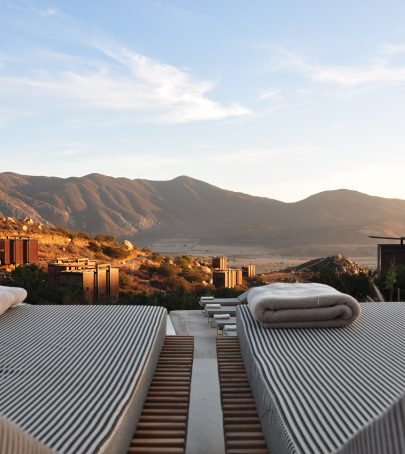
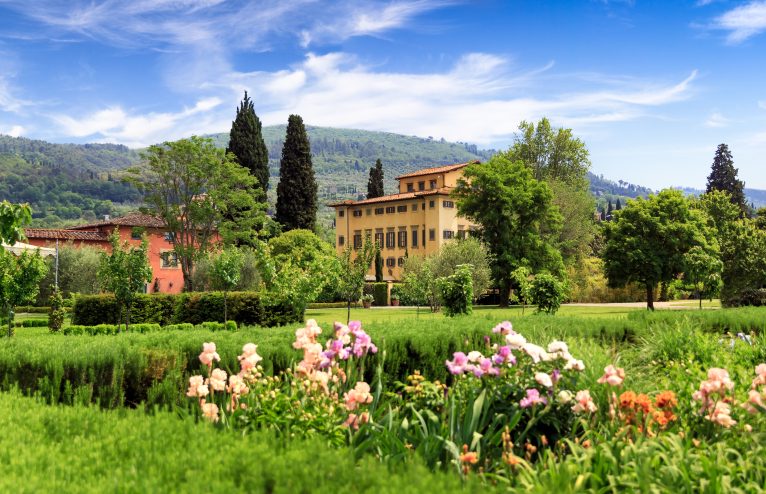
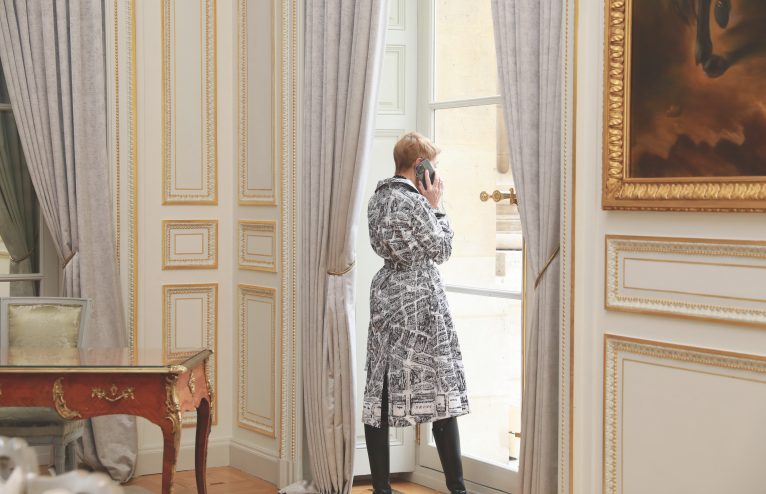
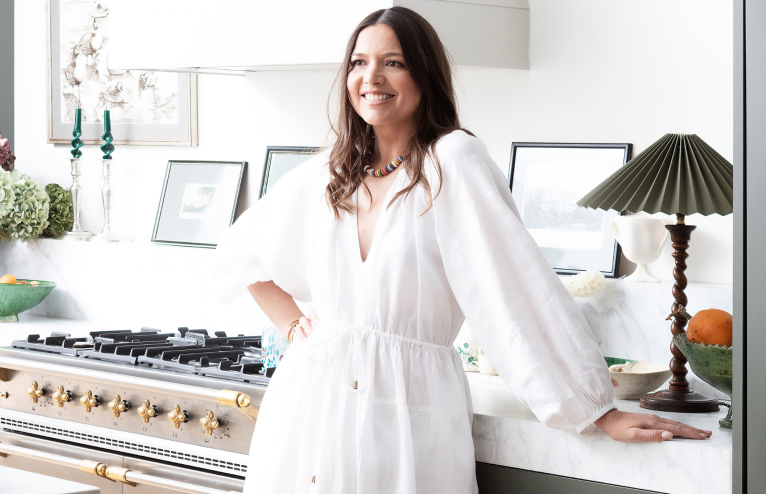
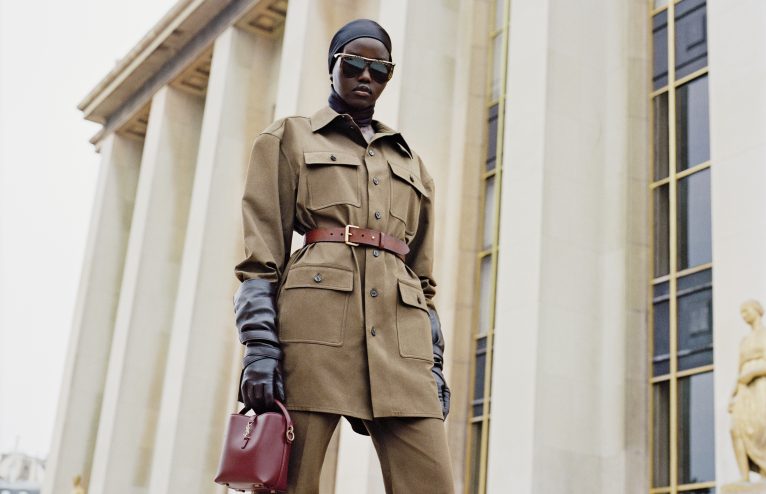


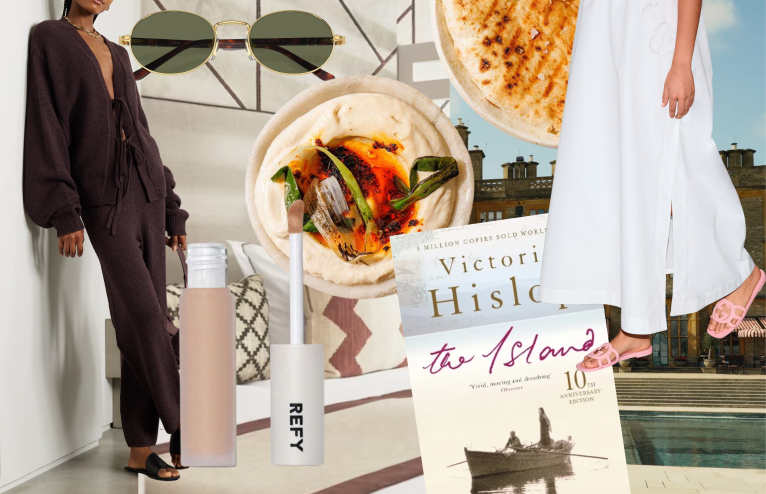
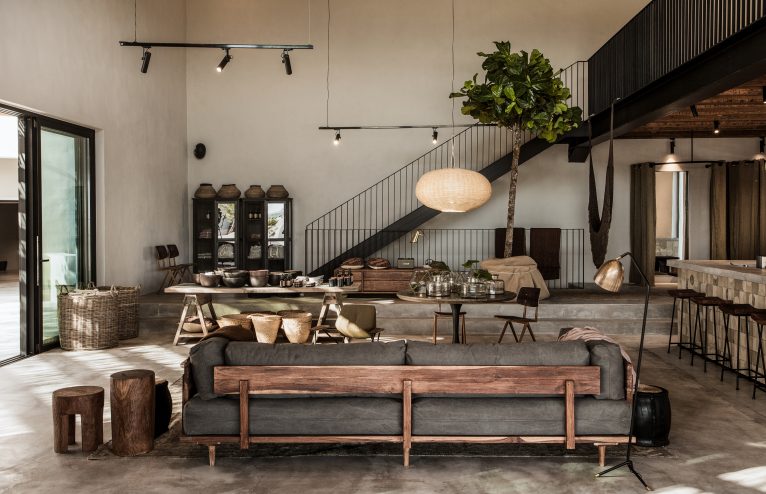
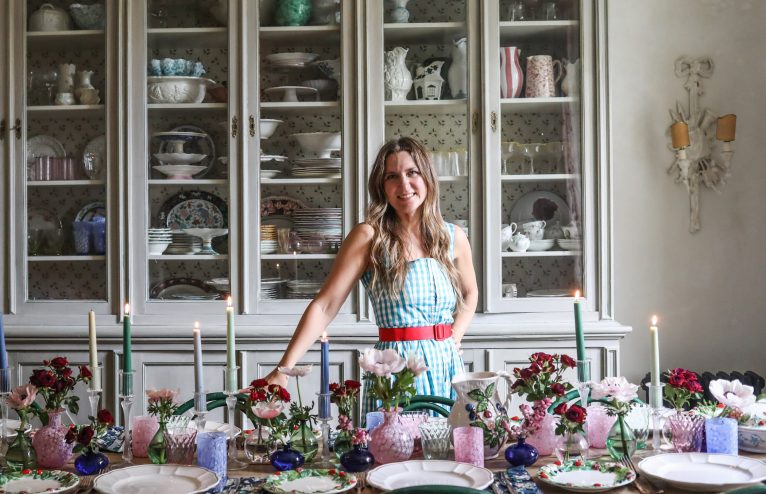
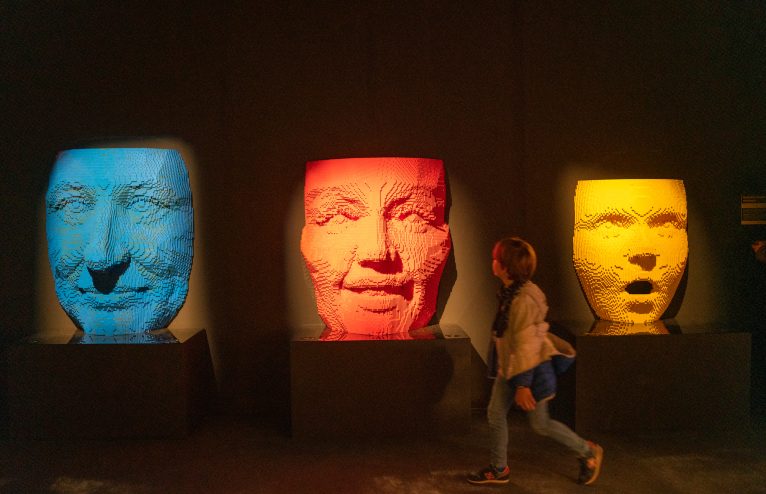
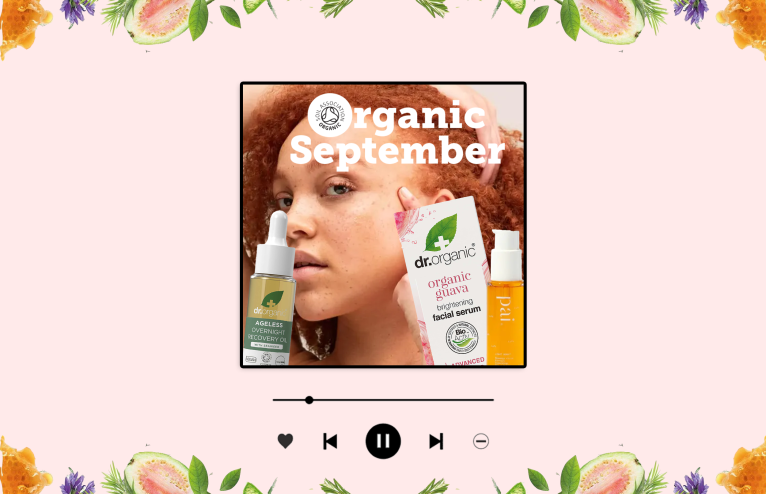
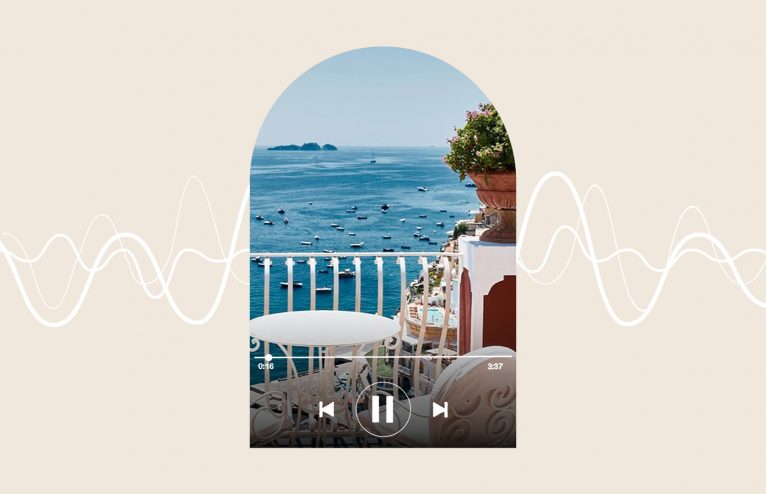
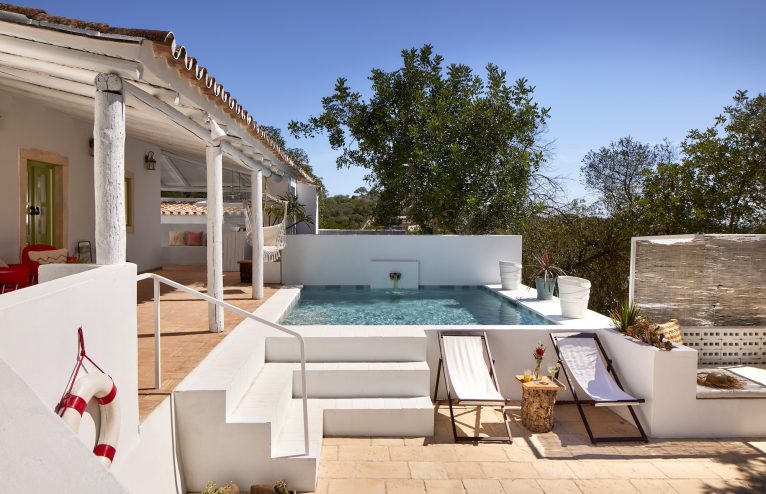
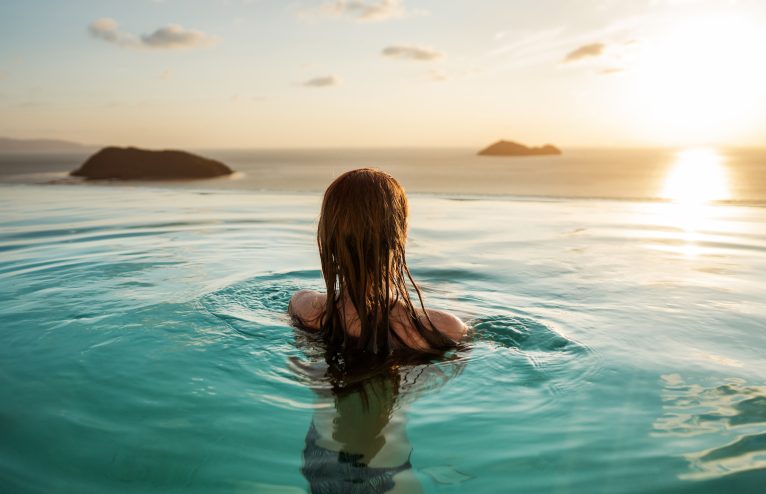

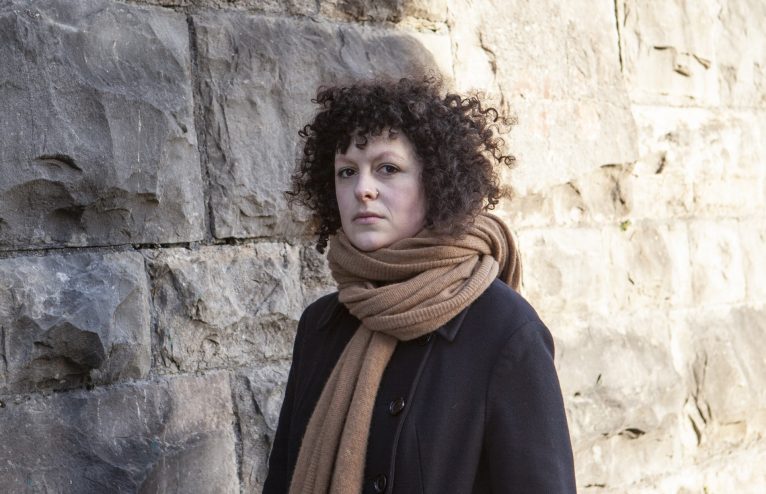






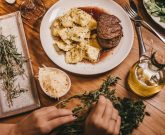
Any Questions or Tips to add?